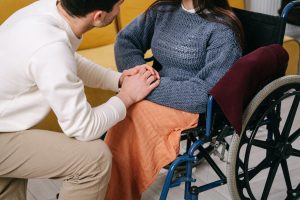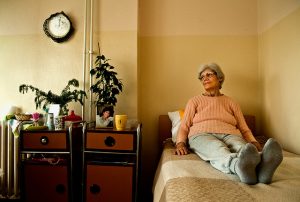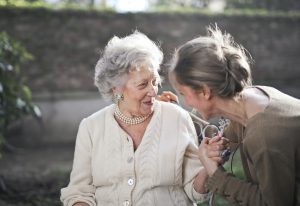Guest Blog: 5 Things You Should Never Expect From Assisted Living Facilities
Eldercare homes are all about the care and comfort of senior citizens. The best ones, like Whittier, assisted living offers physical and mental treatment to their elder residents, which is always lacking in other places.
Regardless, there are some things you should know before you consider visiting or living in assisted living facilities (ALFs). Here are five things that these facilities should never give you:
1) False promises
Most older people have a certain set of the idea when it comes to assisted living. They expect warm bedding, lavish meals, a luxurious atmosphere, expert doctors on call at any time of the day, 24/7 security services, along with so many other benefits. But in reality, ALFs can provide nothing more than regular nursing homes do.
The fact is that assisted living homes are not here to make false promises. They put down everything in writing, so you know what to expect from the place before moving in. Look for an ALF that has all its promises documented with legal documents.
2) Flowers and chocolates on your birthday
We all like flowers and chocolates on our birthdays, who doesn’t! But residents of ALFs don’t receive these things as often as they might like because it’s simply not practical. It does happen now and then, but nothing more than that.
ALFs provide basic amenities like food, water, electricity, clothes, etc., but they do not spend money on frivolous things like providing flowers and chocolates on your birthday. So if you are looking for a place that cares for the tiny details, ALFs might not be the best choice.
3) Luxurious furnishings throughout
Another misconception about assisted living homes is that they provide residents with luxurious furniture throughout the facility. But nothing could be further from the truth. It’s just not possible to have luxury furniture in all parts of an assisted living home. Some places might have it, but that’s just because their owners are very generous.
You should know that older people find it challenging to move around, so having luxury furniture everywhere in an ALF makes no sense. Leave expensive things like designer chairs, couches, etc., at home or buy them for yourself if you need them. ALFs provide basic amenities, and you must get the things you think are essential.
4) A daily visit from a doctor or nurse
When you check into an assisted living facility, one of the most significant benefits is round-the-clock security with trained staff members who can help whenever they are needed. But this does not mean that there will be a full-time medic on duty.
ALFs employ doctors who come in on a weekly or monthly basis, depending on their availability and the requirement of residents. So make sure to find out how often a doctor will visit before finalizing any place for yourself. If it isn’t made clear, ask questions till you get all of the answers.
5) 24-hour internet connection
The idea of ‘wired town’ cannot be implemented in ALFs because it’s simply not possible to do so. Some places might have a wifi facility, but it won’t work throughout the day; there will be certain timings when it works and times when it doesn’t.
Even if you get a place where the wifi does work, then you should know that there is no guarantee that everyone in your family will be able to use it at all times. So before you decide for yourself, make sure to ask these questions: What time of the day will I be able to use the internet? Will my children also be able to access the net? Will I be able to use it after 8 pm?
Wrapping Up!
The only important thing is that you should check every facility and promise through legal documentation. DO NOT take any verbal promises for granted; there might be a miscommunication that can cost you your money and peace of mind.
If you think about it, there’s no way that a care facility can be perfect all the time because they’re dealing with older adults who cannot always do things by themselves. Like we mentioned above, your loved one will probably never become a completely different person due to the aging process. However, even if they do, there’s still bound to be problems when it comes to them doing what they’re told (i.e., not eating when it’s time for dinner).
I’m not saying that every facility out there provides atrocious care – most of them do try their best to make life comfortable for their residents – but keep in mind that humans are only human. Mistakes will be made, accidents will happen, and sometimes they’ll be forced to cut corners when they can’t afford something – it’s just the way life is, so don’t expect perfection.



